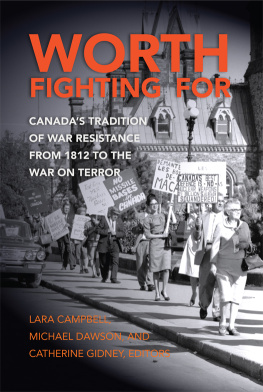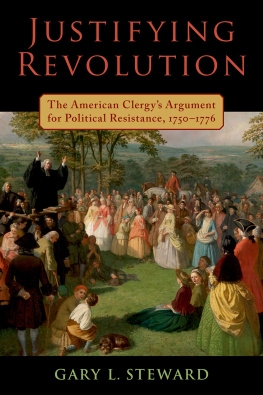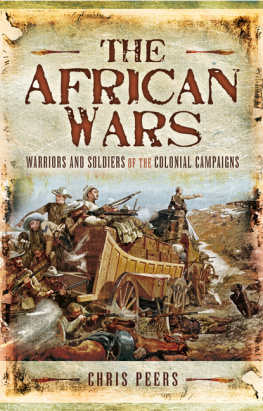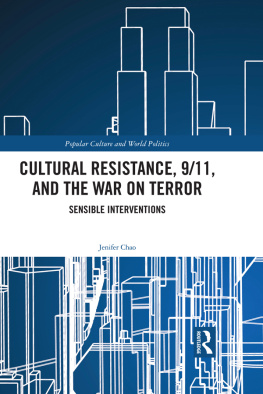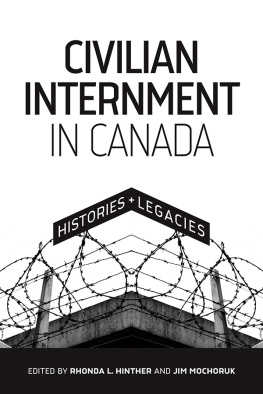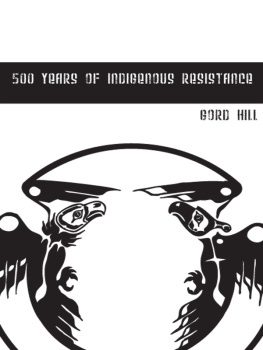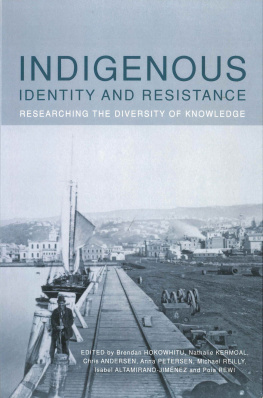Worth Fighting For:
Canadas Tradition of War Resistance from1812 to the War on Terror
2015
First published in 2015 by:
Between the Lines
401 Richmond St. W., Studio 277
Toronto, Ontario M5V 3A8
1-800-718-7201
www.btlbooks.com
All rights reserved. No part of this publication may be photocopied, reproduced, stored in a retrieval system, or transmitted in any form or by any means, electronic, mechanical, recording, or otherwise, without the written permission of Between the Lines, or (for photocopying in Canada only) Access Copyright, 1 Yonge Street, Suite 1900, Toronto, Ontario, M5E 1E5.
Every reasonable effort has been made to identify copyright holders. Between the Lines would be pleased to have any errors or omissions brought to its attention.
Library and Archives Canada Cataloguing in Publication
Main entry under title:
Worth fighting for : Canadas tradition of war resistance from 1812 to the war on terror Lara Campbell, Michael Dawson, Catherine Gidney, editors.
Includes bibliographical references and index.
ISBN 978-1-77113-179-7 (pbk.).
ISBN 978-1-77113-180-3 (epub).
ISBN 978-1-77113-181-0 (pdf).
1. Peace movements Canada History. 2. Pacifism Canada History. 3. Government, Resistance to Canada History. I. Dawson, Michael, 1971, editor II. Campbell, Lara, 1970, editor III. Gidney, Catherine (Catherine Anne), 1969, editor
JZ5584.C3W63 2015327.1720971C2014-906717-8
C2014-906718-6
Cover design by Jennifer Tiberio.
Cover image: Ban-the-Bomb Demonstration on Parliament Hill. n.d. Library and Archives Canada, Ted Grant fonds, e010836559.
Page preparation and text design by Steve Izma.
As winner of the 2012 Wilson Prize for Publishing in Canadian History, Between the Lines thanks the Wilson Institute for Canadian History for its recognition of our contribution to Canadian history and its generous support of this book.
Between the Lines gratefully acknowledges assistance for its publishing activities from the Canada Council for the Arts, the Ontario Arts Council, the Government of Ontario through the Ontario Book Publishers Tax Credit program and through the Ontario Book Initiative, and the Government of Canada through the Canada Book Fund.

We wish to thank the staff at Between the Lines, especially Amanda Crocker, whose vision was central to the publication of this collection. We would also like to thank our copy editor Cameron Duder, whose hard work and attention to detail improved the manuscript, as well as the many anonymous peer reviewers for their expertise and constructive feedback. Thank you also to Eric Wredenhagen for his support. Most of all wed like to thank the contributing authors. Its been a pleasure working with you on this project.
Lara Campbell, Michael Dawson, and Catherine Gidney
War Resistance in Canadian History
LARA CAMPBELL, MICHAEL DAWSON, AND CATHERINE GIDNEY
I F YOU HAVE TAKEN A RECENT Canadian citizenship test, attempted to answer a Dominion Institute history quiz, charted a course through Ottawas public museums, relaxed on your couch in front of any number of History Television or CBC prime time offerings, or walked through the aisles of any major bookstore, you will be well aware that the experience of war is a fundamental category of Canadian history. A now familiar and predominantly English-Canadian narrative chronicles the forging of the nation state and of Canadian national identity through the experience of war. This narrative generally emphasizes the First World War as a defining moment in the development of Canadian autonomy and national pride, celebrating the sacrifices (and successes) at iconic battles such as Vimy Ridge. From this perspective, the forging of the Canadian nation is understood as a process of increased independence from British foreign policy, shored up by wartime sacrifices mainly in the First and Second World Wars.
The place of war in Canadas history is a key element of our political culture one that is expanding with commemorations marking Canadas participation in the First World War. Critics of the current Conservative governments emphasis on military history argue that the determination to portray Canada as a nation steeped in military strength and tradition has directly influenced both policy and commemoration projects. From the scale and scope of the recent War of 1812 bicentennial commemorations, to the rewriting of the citizenship guide, to the renaming of the armed services, they argue, the federal government is actively trying to (re)shape Canadians conceptions of their (military) history.
Popular and academic debates persist about the underlying reasons for this endeavour. Is this a reclamation of Canadas imperial ties to the British Empire and a rejection of the countrys Trudeau-era multicultural policy orientation? Is it an attempt to reconstruct a particular Anglo-Canadian national identity that exists apart from both Quebec and the United States? Does it stem from a desire to rewrite and rebrand Canadian
It might be tempting to dismiss such concerns as being merely the product of academic debates or partisan laments about whose pet projects secure federal funding. But the decisions we make about the place of war in Canadian history have real consequences. Beyond determining funding and space priorities in public museums they shape notions of what is acceptable or normal in settings as varied as our schools (the prominence of military voices at Remembrance Day assemblies), strip-mall parking lots (where yellow ribbons urging us to Support Our Troops beckon from store windows), and on our television and tablet screens (where Toronto Blue Jays players sport camouflage caps and jerseys at their home ballpark to celebrate the U.S. Memorial Day holiday). The prominence of the nation-forged-by-war narrative also helps to silence alternative voices and visions a silence so strong that it is often difficult to imagine the shape and form a November 11 peace service might take, or how one might promote civic discourse that encourages us to recognize and distinguish between the vastly different forms of Canadas military engagements over the past two hundred years. Finally, this narrative glosses over deep differences, especially in English- and French-Canadian collective memories, over the meaning and value of Canadian participation in war and the divisions created by its commemoration.
This collection was conceived in part as a response to the current acceleration of military commemoration. But its broader aim is to help recalibrate our understanding of Canadian history by documenting Canadas long tradition of war resistance. The chapters tackle vastly different topics including pacifist campaigns to secure war service exemptions, anti-imperial dissent, protests against the sale of childrens war toys, antinuclear demonstrations, assistance for American draft-dodgers and military deserters during the Vietnam, Iraq, and Afghanistan wars, and the inclusion of antiwar perspectives in public schools. Taken together, however, these chapters highlight three key points: they underscore the consistent presence of an antiwar tradition in Canada from the late eighteenth century to the present day; they speak to the wide-ranging and complex nature of this resistance; and they encourage us to grant war resistance a central place in Canadian history.

